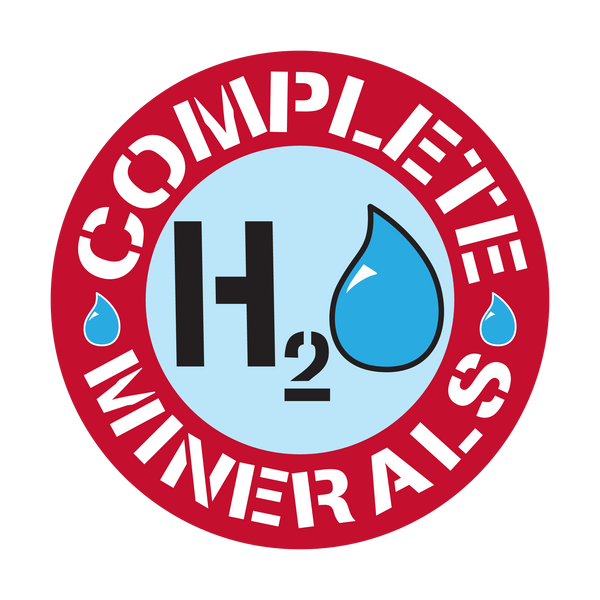Boron is a trace mineral that plays a significant role in various bodily functions, yet it often doesn't receive the attention it deserves. From supporting bone health to enhancing cognitive function, boron is integral to our well-being. This article explores the importance of boron, its natural dietary sources, and the benefits of supplementation.
The Importance of Boron in the Body
Boron contributes to several key physiological processes:
- Bone Health: Boron aids in the metabolism of minerals such as calcium, magnesium, and phosphorus, which are crucial for bone formation and maintenance. Adequate boron intake supports bone density and may reduce the risk of osteoporosis.
- Hormonal Balance: Boron influences the production and regulation of hormones, including estrogen and testosterone. This modulation can be beneficial for alleviating menopausal symptoms and supporting reproductive health.
- Cognitive Function: Adequate boron intake has been linked to improved brain function, including enhanced attention, memory, and hand-eye coordination. Conversely, boron deficiency may lead to diminished cognitive performance.
-
Anti-Inflammatory Effects: Boron possesses anti-inflammatory properties that may help reduce symptoms of osteoarthritis and rheumatoid arthritis. Research indicates that regions with higher boron intake have lower incidences of arthritis.
Natural Sources of Boron
Incorporating boron into your diet can be achieved by consuming various plant-based foods. Here are some notable sources:
- Prune Juice: One cup of prune juice offers as much as 1.43 milligrams of boron per serving. WebMD
- Avocados: A half-cup serving of raw avocado contains approximately 1.07 milligrams of boron. WebMD
- Raisins: One and a half ounces of raisins provide about 0.95 milligrams of boron. WebMD
- Peaches: A medium-sized peach may contain up to 0.80 milligrams of boron. WebMD
- Peanuts and Peanut Butter: One ounce of peanuts contains about 0.48 milligrams of boron, while two tablespoons of peanut butter offer approximately 0.46 milligrams. WebMD
- Apples: A medium-sized apple provides around 0.66 milligrams of boron. WebMD
- Broccoli: Boiled broccoli can offer up to 0.40 milligrams of boron per cup. WebMD
It's important to note that the boron content in these foods can vary based on soil composition and agricultural practices. Additionally, modern food processing and soil depletion may reduce the boron levels in our diets.
The Case for Boron Supplementation
While a balanced diet can provide boron, certain factors might necessitate supplementation:
- Dietary Gaps: Individuals with limited intake of boron-rich foods may not achieve optimal levels.
- Increased Needs: Those with bone health concerns, hormonal imbalances, or cognitive issues might benefit from additional boron.
- Soil Depletion: Modern agricultural methods can lead to reduced boron content in crops, potentially resulting in lower dietary intake.
Incorporating a high-quality boron supplement can help bridge these gaps. For instance, Complete H2O Minerals' Boron (B) - 2oz. Concentrate offers a bioavailable form of boron, delivering 300 mcg per serving (30% of the Daily Value). This liquid concentrate is designed for optimal absorption and supports bone and joint health, hormonal balance, and cognitive function.
Conclusion
Boron plays a crucial role in maintaining bone health, regulating hormones, and supporting cognitive function. While it's present in various foods, supplementation can be a practical approach to ensure adequate intake, especially for individuals with specific health concerns or dietary limitations. By understanding the benefits of boron and considering high-quality supplements like Complete H2O Minerals' Boron (B) - 2oz. Concentrate, you can take proactive steps toward enhancing your overall health and well-being.



